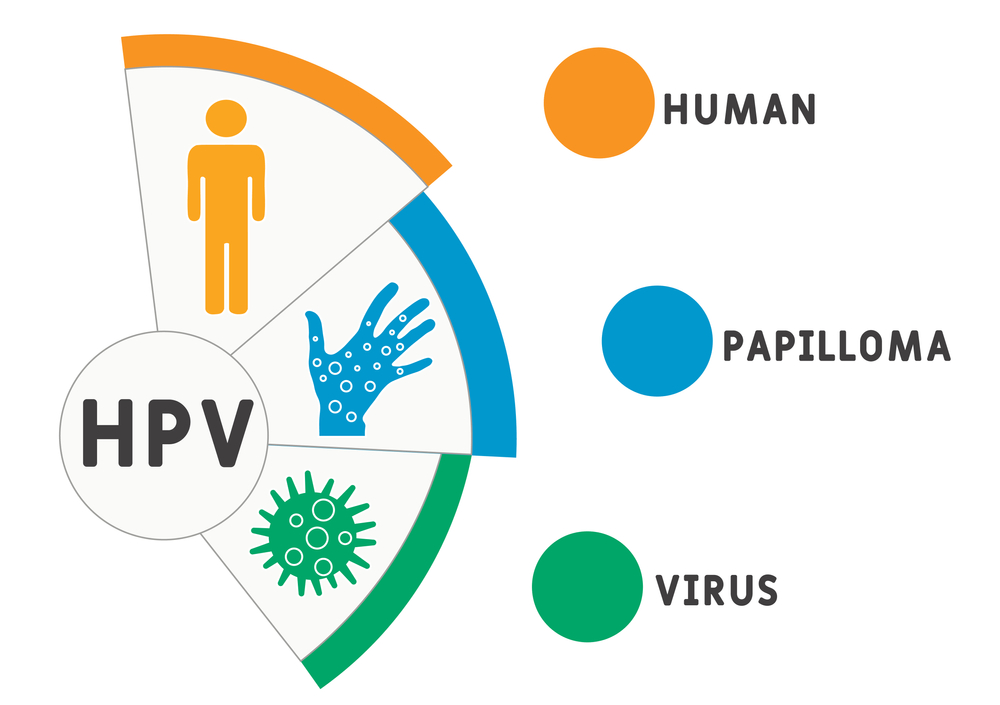Addiction is a challenge that many people face, and recovery can often feel like an uphill battle. Whether it’s substance abuse, gambling, smoking, or any other form of addiction, breaking free is never easy. The road to recovery typically involves a combination of therapies, treatments, and willpower. One approach that’s gaining attention is hypnotherapy. But can hypnotherapy truly help with addiction recovery? Let’s explore how this method works and whether it might be a good fit for you.
Understanding Addiction
Addiction is a complex issue that affects both the mind and body, making recovery a significant challenge. It often begins as a way to cope with stress, anxiety, or emotional pain, but over time, it can become a controlling force in a person’s life. Whether it’s an addiction to substances like alcohol or drugs or behaviours like gambling, the patterns are often similar. Addiction creates both physical cravings and psychological dependencies that are incredibly hard to break.
What makes addiction particularly difficult to overcome is that it’s not just about stopping the addictive behaviour itself. Proper recovery involves addressing the deeper emotional and psychological issues that led to the addiction in the first place. This is why a comprehensive approach, which includes hypnotherapy, among other treatments, can be crucial. Hypnotherapy is particularly effective for many underlying issues that hypnotherapy can help to treat, such as anxiety, trauma, and low self-esteem—factors that often contribute to the cycle of addiction.
What is Hypnotherapy?
Hypnotherapy is a therapeutic technique that uses hypnosis to tap into the subconscious mind. It’s a way to access the part of your mind that holds your deepest beliefs, habits, and emotions. By entering a relaxed, focused state—like daydreaming—you become more open to suggestions that can help change negative patterns of thought and behaviour.
Hypnotherapy is often misunderstood, thanks in part to its portrayal in movies and TV shows. However, it’s not about mind control or making someone do things against their will. Instead, it’s a guided process where a trained hypnotherapist helps you explore and change your subconscious mind in a safe and controlled environment. In cities, you can find reputable practitioners offering the best hypnotherapy in Melbourne, specialising in various issues, including addiction.
How Hypnotherapy Can Support Addiction Recovery
So, how exactly can hypnotherapy help someone recover from addiction? Here are a few ways:
Addressing Root Causes
Addiction often stems from deeper emotional or psychological issues. Maybe it’s unresolved trauma, chronic stress, or deep-seated insecurities. Hypnotherapy can help identify these underlying causes by accessing the subconscious mind, where these issues are often buried. By bringing these issues to light, hypnotherapy provides an opportunity to address and heal from them, making it easier to overcome the addiction itself.
Behaviour Modification
One of the critical ways hypnotherapy supports addiction recovery is through behaviour modification. During a hypnotherapy session, the therapist can help you change the automatic responses and habits that contribute to your addiction. For example, if stress leads you to reach for a cigarette or a drink, hypnotherapy can help rewire your brain to choose a healthier response instead.
Stress and Anxiety Management
Stress and anxiety are significant triggers for addictive behaviours. Whether it’s the stress of daily life or the anxiety of trying to stay sober, these feelings can drive you back to your addiction. Hypnotherapy is particularly effective for stress and anxiety management. It can help you develop new coping mechanisms and reduce the intensity of your stress and anxiety, which, in turn, reduces your reliance on addictive substances or behaviours.
In fact, many people use hypnotherapy to treat anxiety disorders specifically because of its effectiveness in helping to calm the mind and reduce anxious thoughts. By reducing anxiety, you’re less likely to turn to substances or other addictive behaviours as a way to cope.
Building Self-Esteem
Addiction often goes hand-in-hand with low self-esteem. The guilt and shame associated with addiction can make you feel unworthy of recovery. Hypnotherapy can help rebuild self-esteem by reinforcing positive beliefs and attitudes about yourself. You’re more likely to succeed when you believe in your ability to recover and live a healthy life.
Limitations and Considerations
While hypnotherapy can be a powerful tool in addiction recovery, it’s important to note that it’s not a standalone treatment. It’s most effective when used alongside other evidence-based treatments, such as counselling, support groups, and, in some cases, medication. Hypnotherapy can enhance these treatments by addressing the subconscious aspects of addiction, but it shouldn’t replace them.
Additionally, not everyone is equally susceptible to hypnosis. Some people may find it easier to enter a hypnotic state than others. The effectiveness of hypnotherapy also depends on the skill of the hypnotherapist, so it’s crucial to choose someone well-trained and experienced. If you’re searching for hypnosis in Melbourne, look for a practitioner with good reviews and proper certification.
Conclusion:
In conclusion, hypnotherapy can be a valuable addition to an addiction recovery plan. By addressing the root causes of addiction, modifying behaviours, managing stress, and building self-esteem, hypnotherapy offers a holistic approach to overcoming addiction. While it’s not a miracle cure, combined with other treatments, it can significantly improve your chances of long-term recovery. If you or someone you know is struggling with addiction, exploring hypnotherapy as part of a comprehensive recovery plan might be the step that leads to lasting change.
Author Bio:
Hello, I’m Erika Rhein, a professional writer, blogger, and passionate traveller. I write on diverse niches, including home improvement, lifestyle, and fashion. I always aim to present users with valuable and instructive articles in a compelling format, endeavouring to achieve a difference through my writing.




